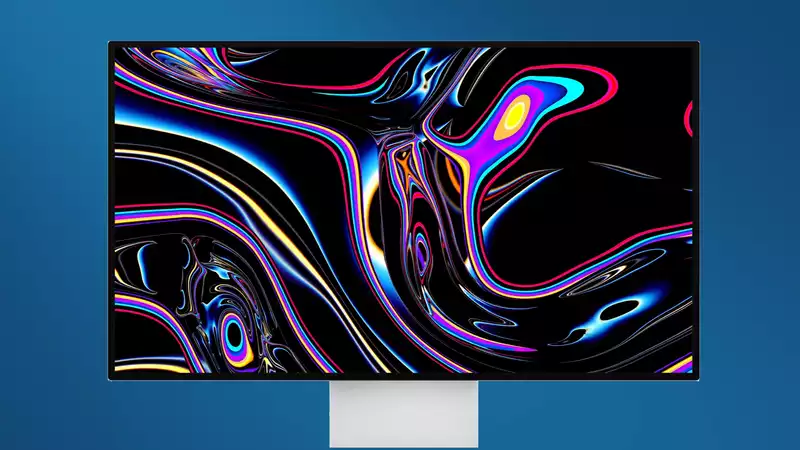Benchmark results for an unknown system with the new Core i9-10910 processor and AMD Radeon Pro 5700 XT graphics card suggest that at least one new Intel iMac is on the way soon.
In the first report from Tom's Hardware, we found detailed benchmark scores for Ashes of the Singularity, an Intel Core i9-10910 Comet Lake CPU and an unannounced AMD Radeon Pro 5700 XT graphics card, showing a January 25 entry for the desktop with the card.
Last summer, the Core i9-10910 was rumored to be a new processor exclusively for Apple. The Core i9-10910, which sits between the 10th generation Core i9-10900K and the Core i9-10900, is a 10-core processor with a clock speed of 3.6 GHz that can be boosted to 4.7 GHz.
It has a TDP (thermal design power consumption) of 95 watts, making it suitable for an all-in-one iMac rather than a full-tower model like the Mac Pro.
It is also the first indication of a new AMD graphics card, the Radeon Pro 5700 XT. This appears to be a Pro version of the already available AMD 5700 XT.
Apple is not alone in combining Intel processors with AMD graphics hardware, but it is not uncommon for Apple to use this combination, especially in models that are slightly different from those already on the market.
And if Apple is already in the benchmarking phase of a new iMac, it is likely that the new model will be officially announced sometime this spring.
I know what you're thinking: how can there be a new Intel-powered iMac when Apple is moving all its Macs to Apple Silicon?
We expect to see an ARM-powered iMac this spring, and we've seen plenty of rumors over the past few months about a redesigned iMac with Apple Silicon built in.
As we saw in our Apple MacBook Air review, MacBook Pro review, and Mac mini review, the new M1 chip is more than capable of competing with the Intel Core i3 and Core i5 processors used in comparable laptops and mini-PCs and is a strong first line for new Apple-designed hardware.
And we will soon have iMacs with Apple silicon. This is because Apple has already announced its intention to move entirely to Apple chips by the end of 2022.
But we're not there yet, and Apple will continue to rely on Intel desktop processors in the coming months. And the desktop-class Core i9 processor seems to be the perfect candidate to fill that gap in the coming months.










Comments